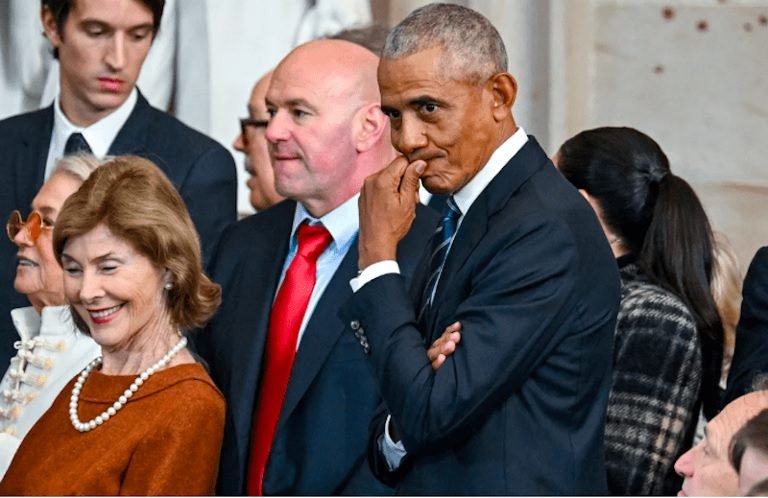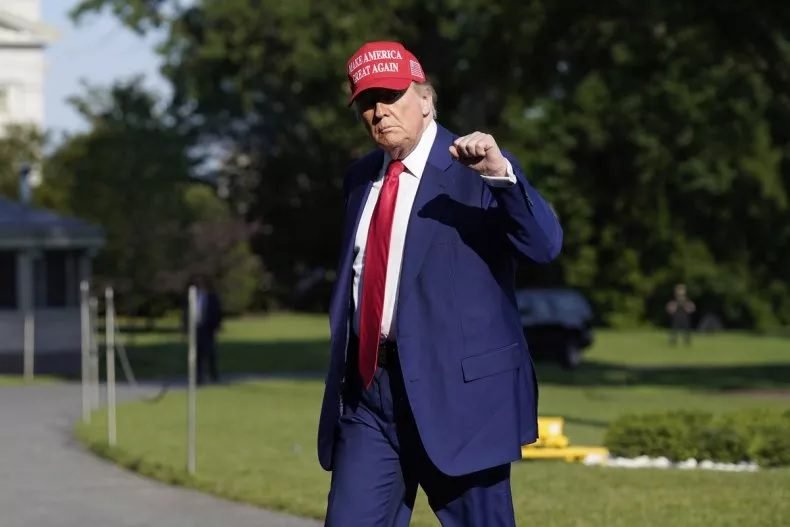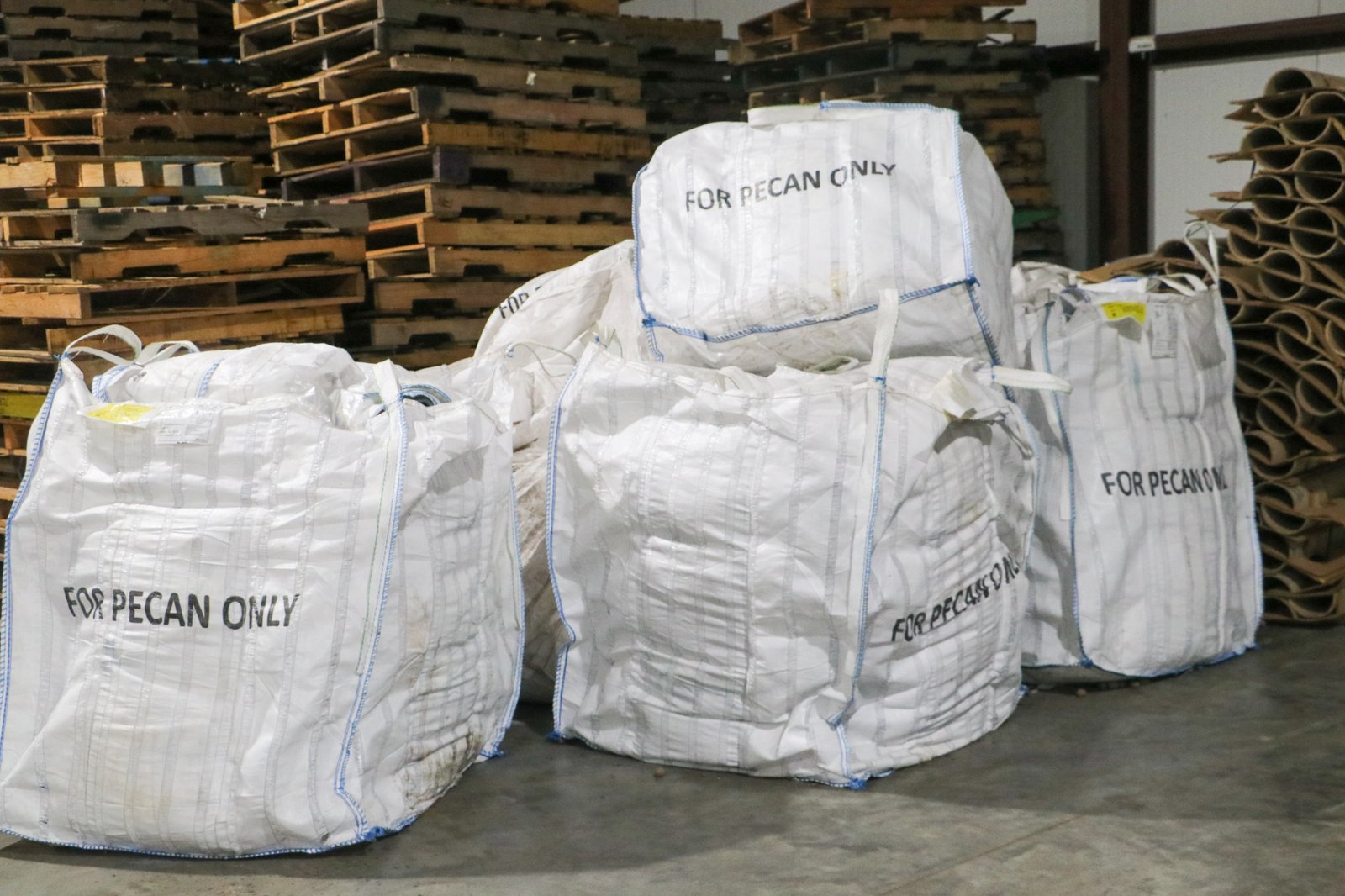
By Milton Kirby | Atlanta, GA | June 25, 2025
Donald Trump Jr. set off a contentious debate on Tuesday, accusing the Nobel Peace Prize Committee of racism. His scathing remarks, questioning the Committee’s decision to honor former President Barack Obama while overlooking his father, Donald Trump, sparked a heated discussion.
“Affirmative action is when Barack Obama gets the Nobel Peace Prize instead of Donald Trump,” Trump Jr. posted on X, formerly Twitter, sparking instant backlash and reigniting a long-standing partisan grudge over the international award.

The comments came the same day Rep. Buddy Carter (R-Ga.) nominated Trump for the 2026 Nobel Peace Prize, citing his recent diplomatic efforts to broker a ceasefire between Israel and Iran. “In recognition of his extraordinary and historic role,” Carter wrote in a letter to the Norwegian Nobel Committee, “President Trump deserves this honor.”
Carter’s nomination adds to a growing list of Nobel bids on Trump’s behalf, following similar proposals for his roles in the Abraham Accords, Serbia-Kosovo relations, and various international talks. However, this one came with a twist: it was dropped just as another nomination was being pulled.
Oleksandr Merezhko, a senior Ukrainian lawmaker who nominated Trump last year for his proposed resolution of the War in Ukraine, told Newsweek on Tuesday that he had formally withdrawn his nomination. Merezhko, head of Ukraine’s parliamentary foreign affairs committee, said he had “lost any sort of faith and belief” in Trump’s peacemaking abilities.
“Trump promised a swift resolution to the conflict. That hasn’t happened,” Merezhko explained. “Instead, attention has shifted away from Ukraine entirely.”
Trump, who returned to the White House in January, entered office pledging to end Europe’s largest armed conflict since World War II within 24 hours. Six months later, the War grinds on, and hopes for a negotiated settlement have largely faded. Though the administration has redirected diplomatic energy toward the Middle East, critics point to recent U.S. airstrikes in Iran as contradictory to the “peacemaker” image his supporters are trying to project.
Nonetheless, Pakistan recently backed a nomination of Trump for his role in facilitating a temporary ceasefire between India and Pakistan. His allies argue the breadth of his international engagement—despite the controversies—should qualify him for Nobel consideration.
A History of Nominations, Not Awards
The fight over Trump’s Nobel legitimacy has been building for more than a decade. Obama received the Peace Prize in 2009, just months into his presidency, a decision that was controversial even among his supporters. The Nobel Committee said the prize was awarded for Obama’s “extraordinary efforts to strengthen international diplomacy and cooperation between peoples,” but even Obama remarked that he was “surprised and deeply humbled.”
Republicans weren’t just surprised—they were furious. Since then, right-wing politicians and media figures have pushed hard for Trump to receive the same honor. He’s been nominated nearly every year since 2018:
- In 2018 and 2020, for diplomatic overtures in North Korea and elsewhere.
- Three times in 2021—twice for the Abraham Accords between Israel and several Gulf nations and once for brokering a trade deal between Serbia and Kosovo.
- Again in 2024, for the same accomplishments.
With Trump now back in office as the 45th and 47th president, his camp has been even more vocal. This spring’s ceasefire in the Middle East between Iran and Israel offered the latest opportunity. Rep. Carter seized it—promptly submitting his nomination before any GOP rivals could.
The move may also serve Carter’s political interests. The congressman is a declared candidate for the U.S. Senate seat currently held by Democrat Jon Ossoff. Securing Trump’s endorsement could be crucial in a GOP primary that may include prominent challengers like Georgia Insurance Commissioner John King.
Carter is no stranger to MAGA theatrics. Earlier this year, he introduced a satirical bill proposing that Trump be authorized to buy Greenland and rename it “Red, White, and Blueland.”
Political Theater Meets International Recognition
Critics argue that Nobel Peace Prize nominations have become little more than political tools, citing the ease with which they can be submitted. Any national legislator, university professor, or organization leader can nominate someone for the prize by submitting a formal letter. And while hundreds of nominations are submitted annually, the vast majority never receive serious consideration.
“The fact that someone can nominate Trump doesn’t mean he’s close to winning,” one Nobel historian noted. “Nor does it reflect a consensus about the value of his actions.”
Still, the Trump camp sees a double standard.
“They gave Obama the Peace Prize before he even did anything,” Trump Jr. raged on social media. “My father literally brokered peace in the Middle East, and they ignored him. What else do you call that besides racism?”
That assertion is widely disputed. Historians and peace scholars argue that the committee’s decision to honor Obama may have been aspirational but was rooted in a different era—post-Iraq War, post-Bush presidency—when multilateralism and diplomacy were seen as urgent correctives.
In contrast, Trump’s diplomacy often comes wrapped in saber-rattling rhetoric. It is interwoven with military actions—such as his controversial decision to launch airstrikes on Iranian nuclear sites last week. While hailed by some for putting pressure on Tehran, the attacks raised concerns about further destabilizing the region.
What Comes Next?
The 2026 Nobel Peace Prize will be announced in October. Whether Trump’s latest nomination makes the shortlist is anyone’s guess. The committee does not publicly comment on nominations for 50 years, and speculation usually arises only after leaks.
One thing, however, is certain: Trump’s supporters, including his son and allies like Rep. Carter, will continue pressing the case. Their underlying goal may be less about the Nobel Prize and more about reinforcing the image of Trump as a global leader—regardless of whether that vision aligns with global reality.
Please consider supporting open, independent journalism – no contribution is too small!









If a Nobel Peace Prize is ever bestowed upon this evil, narcissistic, inept and morally bankrupt man, Donald J Trump, in my lifetime, I will lose all respect for this prestigious and honorable award. This man has only invoked pain and suffering upon people/nations both domestically and internationally. In my humble estimation, he’s likely the most undeserving and least qualified nominee in the 50 year history of this award!